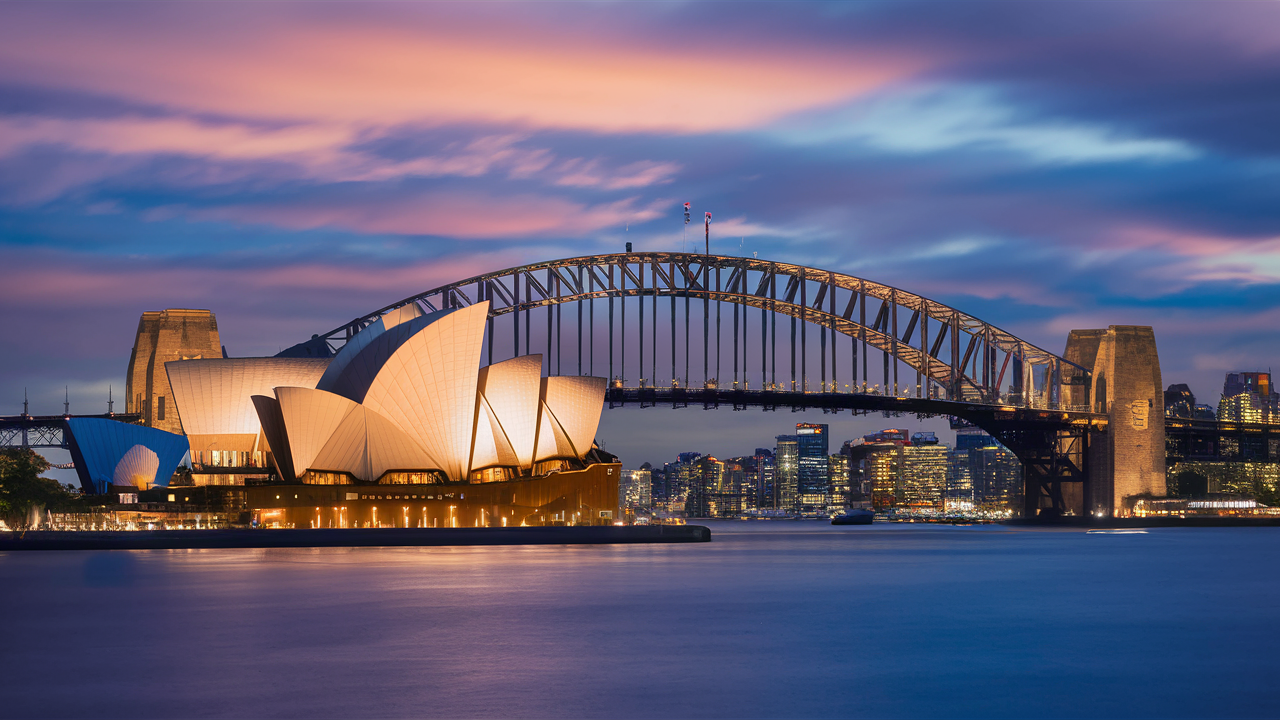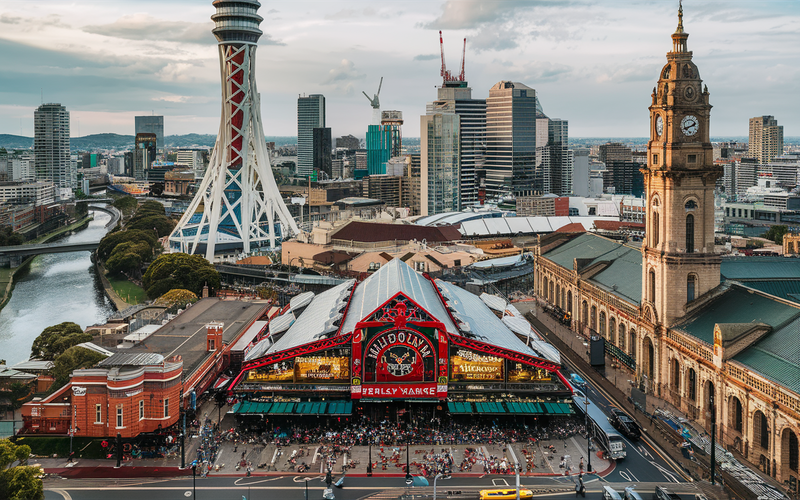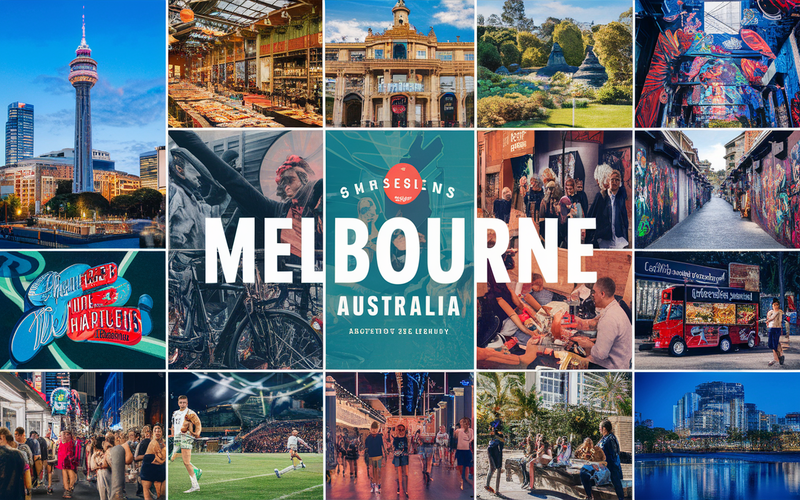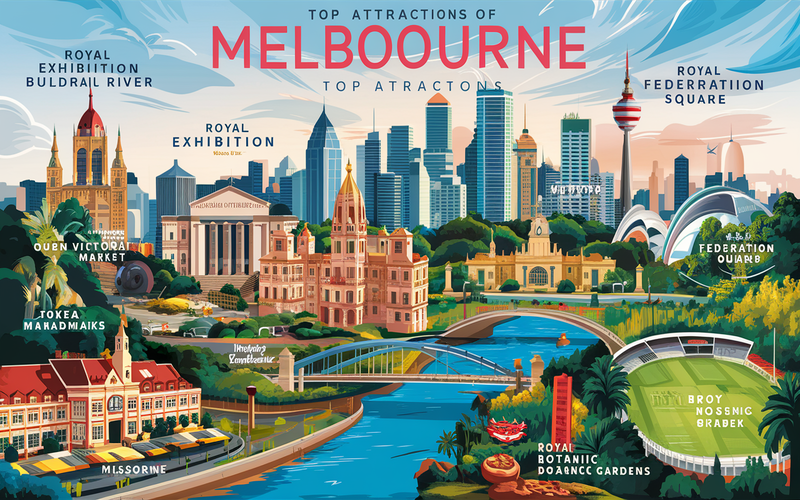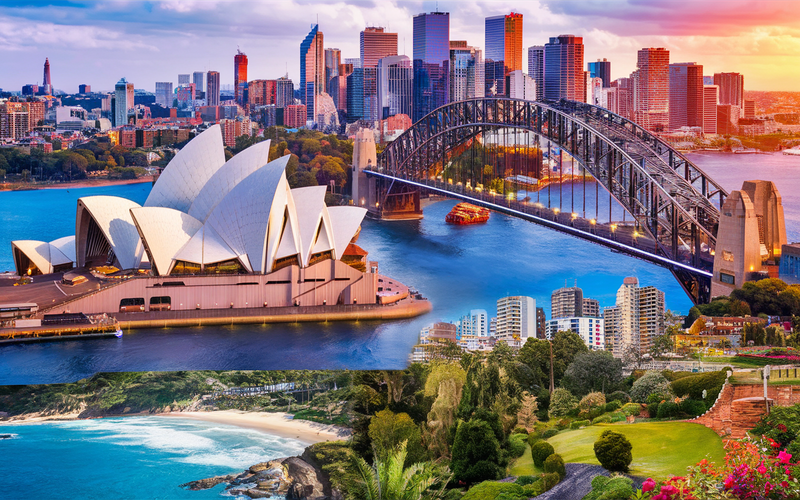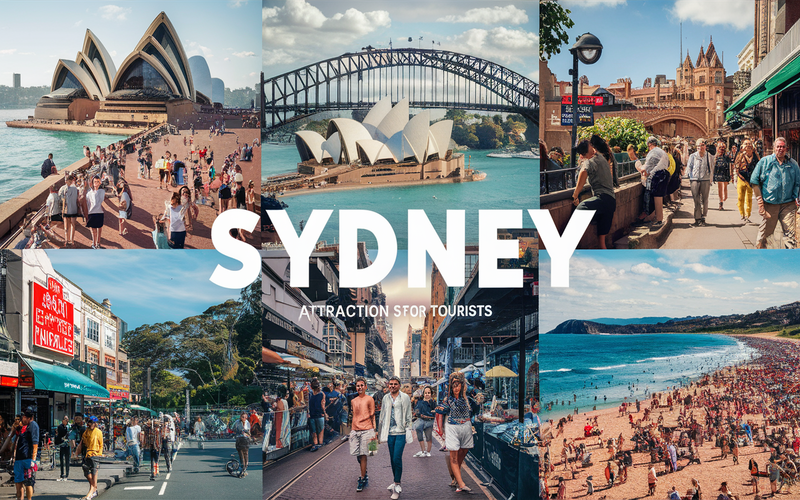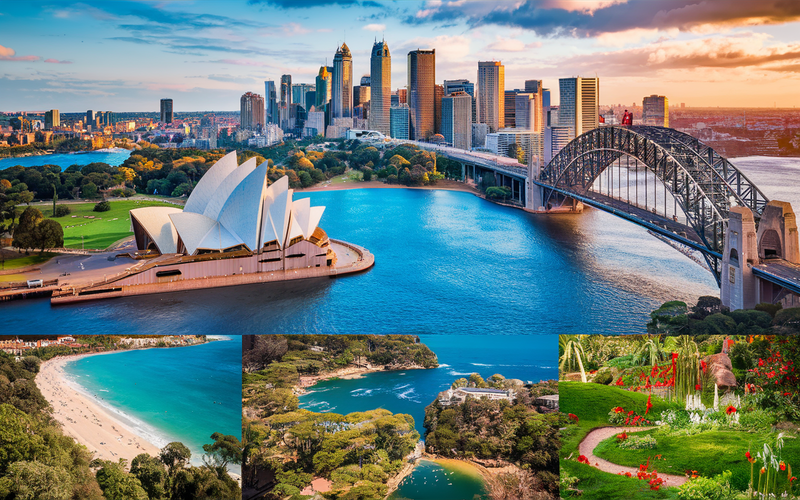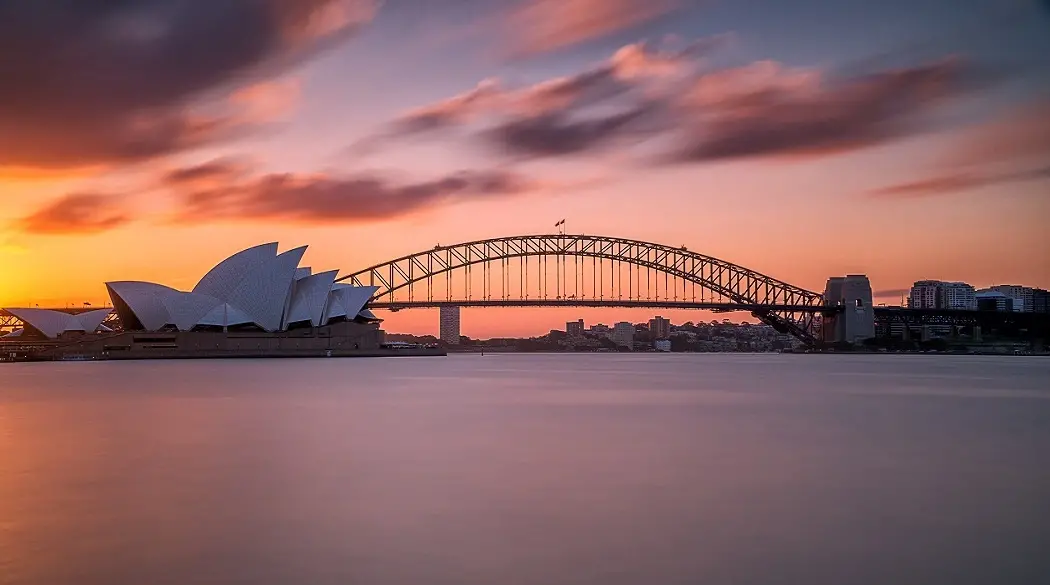Plan Your Travel To Australia
Australia Travel Essentials
Ideal Duration: 10 - 15 days
Currency: Australian Dollar
(AUD)
Best Time: Spring (September to November) and Autumn (March to May) Read More
Budget: AUD 60 - AUD 100 per day
"Land Down Under"
Australia Tourism
With something to offer everyone, Australia is a fascinating and diverse travel destination. Australia never ceases to wow, with its famous sites like the Great Barrier Reef and the Sydney Opera House, as well as its breathtaking Outback and Gold Coast beaches and breathtaking scenery. Adventurers, nature lovers, and history buffs all need to visit this place because of its distinctive fauna, energetic cities, and rich Aboriginal culture. Australia has everything to offer travellers, including world-class food, ancient rainforest exploration, and snorkelling in crystal-clear lakes. Prepare for an incredible journey down under by packing your baggage.The coastal towns of Sydney, Brisbane, and Melbourne are popular travel destinations in Australia. Other well-known locations include the Gold Coast, rural Queensland, and the Great Barrier Reef, which is the biggest reef in the world. The Tasmanian wilderness, Uluru, and the Australian outback are among the other well-liked destinations. Another major draw for visitors to Australia is the distinctive fauna that lives there.
Must Know Before You Travel to Australia
- Visa Requirements: Check and obtain the appropriate visa before you travel to Australia.
- Climate and Weather: Australia's seasons are opposite those in the Northern Hemisphere, so pack accordingly.
- Health and Safety: Australia is home to unique wildlife, so be aware of potential hazards and take necessary precautions.
- Currency: The currency is the Australian Dollar (AUD).
- Transportation: Plan your transportation in advance, and consider getting an Opal card for public transport in major cities.
- Time Zones: Australia has multiple time zones, so confirm the local time of your destination.
- Emergency Services: Save emergency contact numbers and be aware of healthcare facilities.
- Local Customs: In general, Australians are kind and carefree. Tipping is valued in restaurants for excellent service, even if it is not as common as it is in other countries.
- Wildlife: Australia is home to unique wildlife, including kangaroos and koalas. Respect their natural habitats, and be cautious of potential encounters with snakes or spiders in certain regions.
- Internet and Communication: There's easy access to SIM cards for mobile phones and widespread Wi-Fi. For police, fire, and ambulances, use emergency number 000.
-
National Parks: Australia has beautiful natural scenery. Make sure you follow safety precautions, learn about the national parks you plan on visiting, and be mindful of the environment.
-
Cultural Diversity: Australia has a wide variety of cultures. Accept the ethnic elements of life and sample a range of dishes that showcase this diversity.
-
Beach Safety: When visiting the beaches, swim between the flags, which designate safe zones, and pay attention to the wave conditions. Due to the strong currents in Australia, heed safety precautions.
Tourist Places to Visit In Australia
Sydney
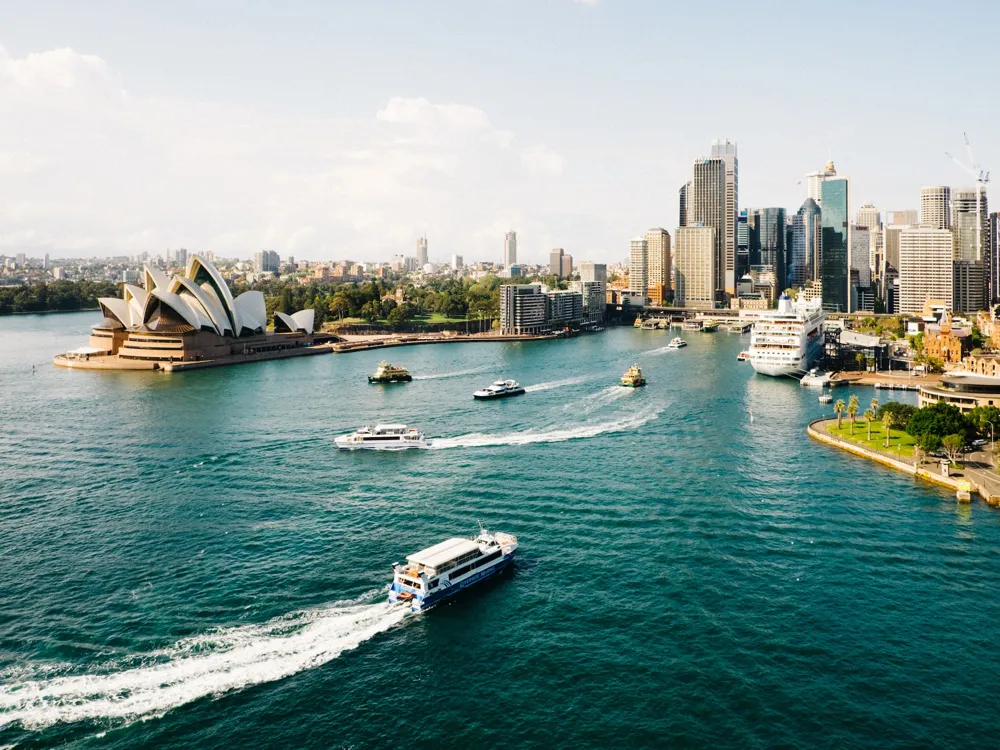
Melbourne
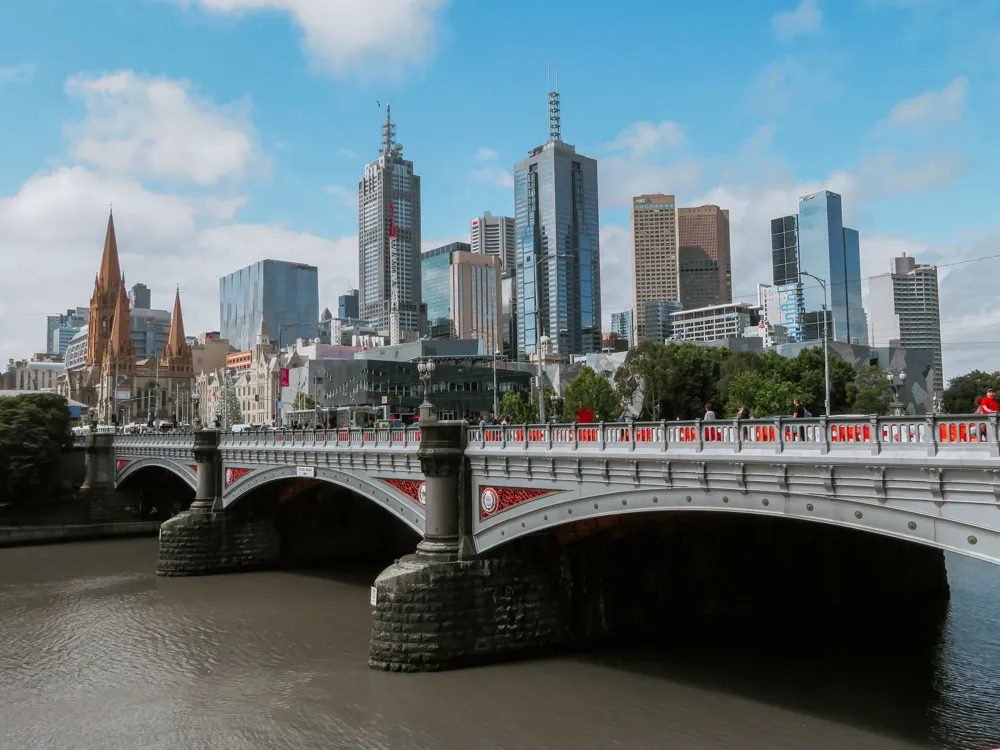
Great Barrier Reef
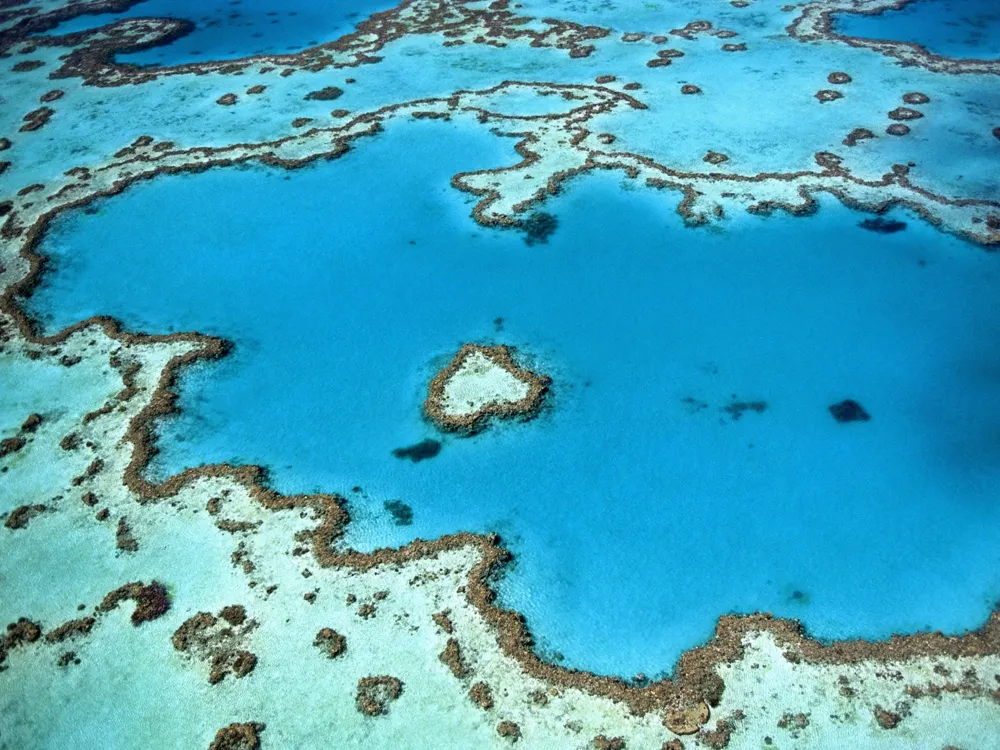
Brisbane
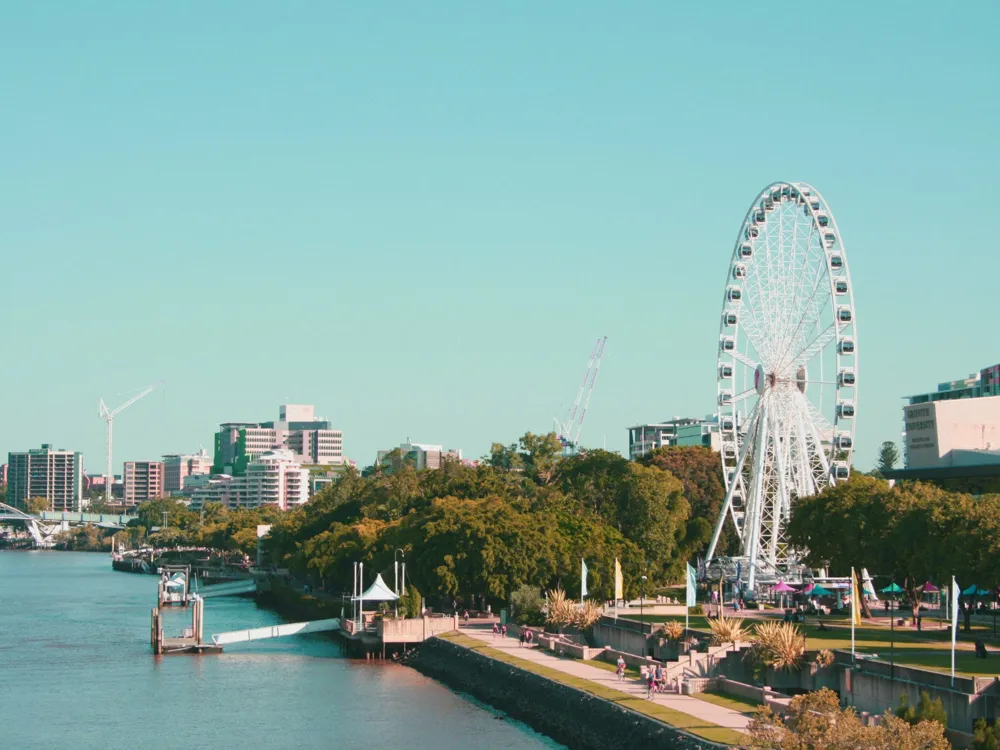
Gold Coast
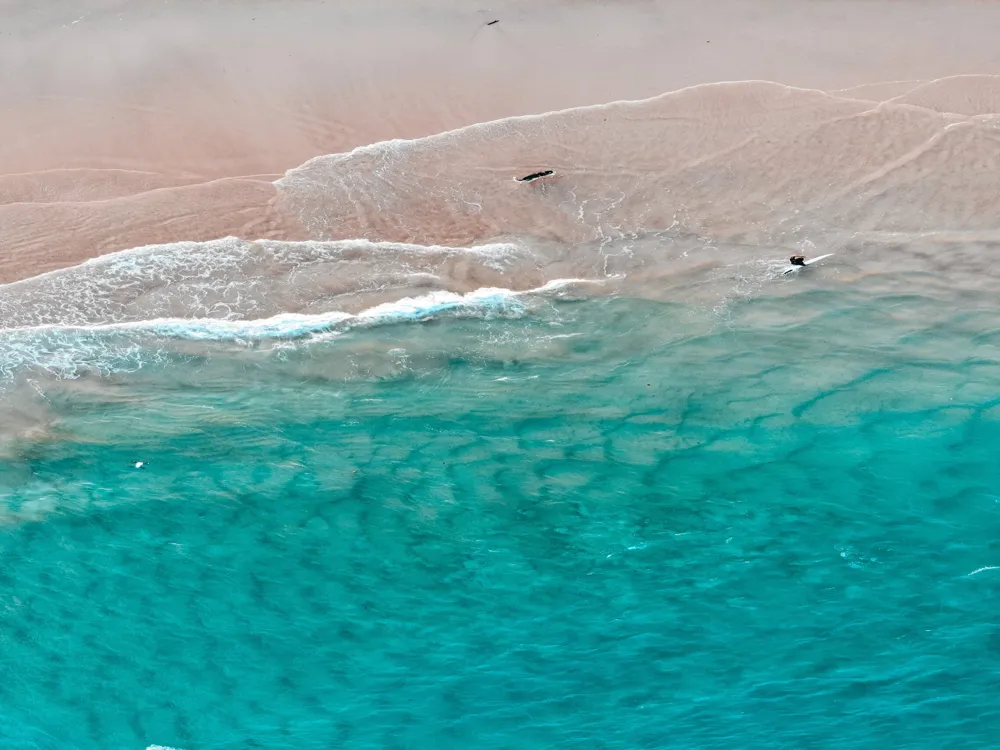
Uluru Kata Tjuta National Park
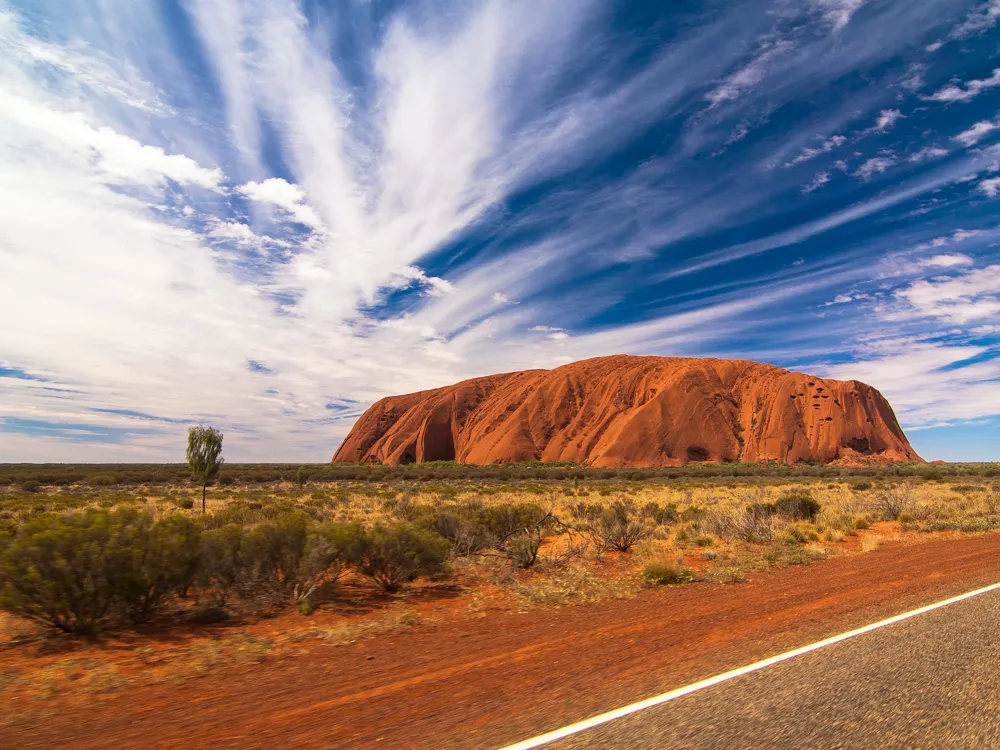
Australia Travel Packages
Compare quotes from upto 3 travel agents for free
View All Packages For Australia
More on Australia Travel
All collections about Australia
Best time to visit Australia
Spring (September to November) and autumn (March to May) are the ideal seasons to go to Australia. Australia has three distinct climatic zones and four distinct seasons. Australia is a country that welcomes outdoor enthusiasts throughout the year. The days are warm and bright, making them ideal for beach exploration and water activities. You can explore marshes, animal reserves, and jungles in the autumn. The finest season to go trekking and visit national parks is in the spring. Although winter is a low season overall, it's a great time to go skiing and learn the sport. The country is accessible year-round. The days are bright and sunny, making them ideal for beach exploration and a range of water sports. In the autumn, you may go exploring through forests, marshes, and wildlife sanctuaries. The best time to go hiking and explore national parks is in the spring. While it's often a calm season, winter is a perfect time to hit the slopes and pick up some skiing skills. The region you choose to visit will determine when the ideal time is to visit Australia. Australia has two distinct climates; from April to September, the northern part is the driest and easiest to reach. Sunny, warm days are ideal for swimming and grilling since they showcase the beauty of the national parks and beaches. The north has increased rainfall and humidity from October to March, although this is countered by the vibrant fauna and revitalised wetlands and rainforests.
Top Stories about Australia Tourism
Read More on Australia Travel
Exchanging money in Australia:
It is very easy to exchange money when travelling to Australia. The national currency is the Australian Dollar (AUD), and ATMs are extensively distributed throughout the nation. You may exchange your foreign cash at banks or currency exchange businesses. To receive the greatest bargain, it is important to compare rates and fees. Although credit cards are commonly accepted, it's a good idea to carry some cash, particularly in isolated locations. Keep in mind that fees and currency rates might change. Travellers may be assured of a seamless banking experience because to Australia's efficient system.
Nightlife in Australia:
Major Australian cities like Sydney, Melbourne, and Brisbane provide a wide range of entertainment alternatives. Australia is known for its dynamic nightlife culture. There are hip pubs, clubs, and live music places to suit every taste. The famed Kings Cross district of Sydney is well-known for its nightlife, while Melbourne's alley bars are a must-see. Beach parties are available in coastal locations like Gold Coast, while Adelaide shows off its artistic side with small wine bars. Australia's nightlife will not let you down, whether your preference is to dance the night away or have drinks while taking in the amazing views.
Shopping in Australia:
Australia is a great place to shop. Large cities have a variety of malls and retail areas, such as Sydney and Melbourne. Discover the fresh vegetables and interesting treasures in Melbourne's Queen Victoria Market. The Paddington Markets in Sydney are great for finding unique clothing and crafts. Collins Street in Melbourne and Oxford Street in Sydney are two places to do high-end shopping. Remember to purchase real Aussie souvenirs, such as regional wines and Aboriginal paintings. Australia provides a shopping experience for every taste and budget, combining local designers with a variety of global brands.
Festivals in Australia:
Australia has a wide variety of colourful festivals all year round. Sydney is known for its spectacular fireworks over the Harbour during its New Year's Eve celebrations. Comedic talent from across the world is on display at the Melbourne International Comedy Festival. The Fringe Festival in Adelaide opens up the streets to art. Indigenous culture is celebrated via events like NAIDOC Week. Other noteworthy events are the Vivid Sydney light festival and the Tamworth Country Music Festival. Australian festivals provide both locals and tourists with a diverse range of experiences through cuisine, music, arts, and culture.
1. Take a walk in October along a well designated track before the Blue Mountains are overrun with summer visitors.
2. Visit the Margaret River region in November and enjoy the food and wine festivals there.
3. Get ready for the "race that stops the nation" as Australians watch the horse race in early November, known as the Melbourne Cup.
4. Settle in for a seat at one of the summer's many outdoor movie screenings.
Hygiene in Australia:
Australia upholds strict standards for cleanliness and hygiene. All cities and towns have clean, well-maintained public bathrooms, and the tap water is safe to drink. Strict food safety laws guarantee that eating out is usually safe. Because of Australia's intense heat, sunscreen is an essential, and in certain areas, bug repellent may be required. Australians place a great importance on environmental hygiene because they care deeply about maintaining the natural beauty of their country. All things considered, Australians generally exercise decent hygiene on a regular basis.
Tips for visiting Australia:
Sun Protection: The Australian sun is intense, so always wear sunscreen and a hat to protect yourself from UV rays.
Wildlife Caution: Respect the unique wildlife, including kangaroos and venomous snakes. Keep a safe distance and follow local guidelines.
Local Cuisine: Don't miss trying Australian delicacies like Vegemite, Tim Tams, and kangaroo meat.
Tipping: Tipping is appreciated but not mandatory. In restaurants, a 10% tip is common if service is not included.
Outdoor Adventures: Explore Australia's stunning natural landscapes, from the Great Barrier Reef to the Outback.
Travel Insurance: Ensure you have comprehensive travel insurance for medical emergencies and trip cancellations.
Language: English is the official language, and Australians are known for their friendliness.
Visa Requirements: Check visa requirements and obtain the necessary visa before you travel. Ensure your passport is valid for at least six months beyond your planned departure.
Weather and Seasons: Australia's weather changes, so make sure you prepare appropriately. Winters (June to August) are less hot than summers (December to February), yet summers may be scorching, especially in the northern parts.
Currency: The Australian Dollar (AUD) is the unit of currency. To prevent any problems with your credit or debit cards, let your bank know when you will be travelling.
Water Safety: Swimmers should stay on patrolled beaches and stay between the flags. Be careful and follow by security rules because Australia has powerful ocean currents.
Time Zones: Australia is divided into several time zones. Travelling across the nation should be done with consideration for the time difference.
Foods of Australia:
Australia's high natural resources and diversified culture are reflected in its cuisine. Fresh barramundi, prawns, and Moreton Bay bugs are delectable for seafood enthusiasts. Sample some of Australia's most famous "Aussie meat pie" or some succulent, lean kangaroo. Bush tuckers such as kangaroo, emu, and local fruits are examples of indigenous cuisine. Remember to have a "barbie," or authentic Australian BBQ, which includes lamb chops, steaks, and sausages. Enjoy a refreshing "flat white" coffee or local wines with your lunch. Australian food provides a distinctive fusion of flavours and gourmet experiences to suit every palate.
Photos of Australia
All Country Photos Australia
Popular Questions And Answers on Australia
What is the capital city of Australia?
The capital city of Australia is Canberra.
What are some of Australia's most famous landmarks?
Australia is known for landmarks such as the Sydney Opera House, the Great Barrier Reef, Uluru (Ayers Rock), and the Twelve Apostles along the Great Ocean Road.
What is the native wildlife in Australia like?
Australia is famous for its unique wildlife, including kangaroos, koalas, wallabies, and a wide variety of colorful bird species. It is also home to some of the world's most venomous snakes and spiders.
What are the major cities in Australia?
Some of the major cities in Australia include Sydney, Melbourne, Brisbane, Perth, and Adelaide.
What is the climate in Australia like?
Australia's climate varies from tropical in the north to arid in the interior and temperate along the coasts. It experiences four distinct seasons, with summer and winter being the most pronounced.
How big is Australia?
Australia is the world's sixth-largest country by total area, covering approximately 2.94 million square miles (7.68 million square kilometers).
What is the Great Barrier Reef, and where is it located?
The Great Barrier Reef is the world's largest coral reef system, located off the northeastern coast of Australia in the Coral Sea. It is a UNESCO World Heritage site and a popular destination for snorkeling and diving.
What is the time difference between Australia and other countries?
Australia spans multiple time zones, but the most common ones are Australian Eastern Standard Time (AEST), Australian Central Standard Time (ACST), and Australian Western Standard Time (AWST). The time difference varies depending on your location and daylight saving time.
What is the currency of Australia?
The currency of Australia is the Australian Dollar (AUD).
Is it true that Australia has unique and diverse ecosystems?
Yes, Australia is renowned for its unique ecosystems and diverse landscapes. It is home to a wide range of environments, including deserts, rainforests, and savannas, as well as a multitude of endemic plant and animal species found nowhere else in the world.

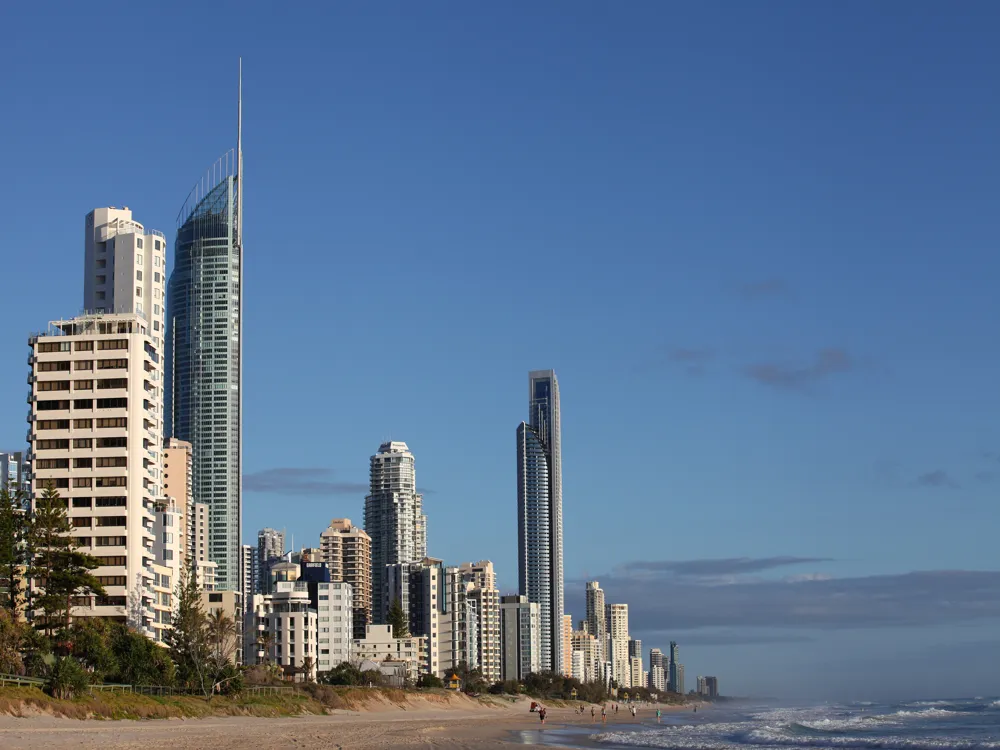
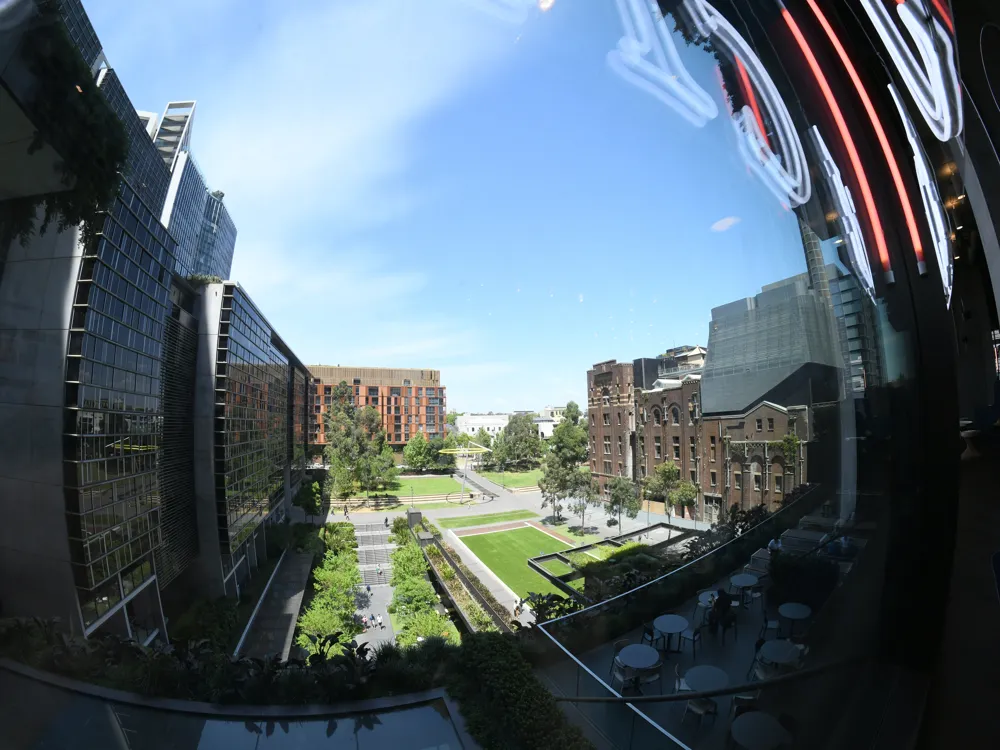
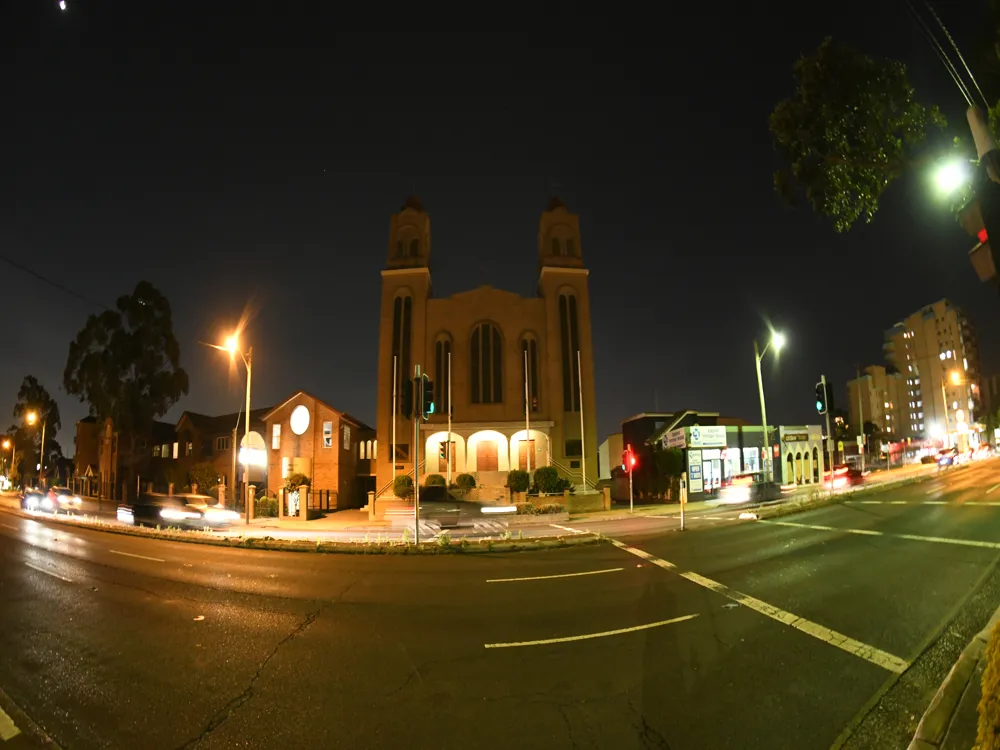
Coogee_Beach_003aajpg.webp)
Coogee_Beach_005aajpg.webp)





